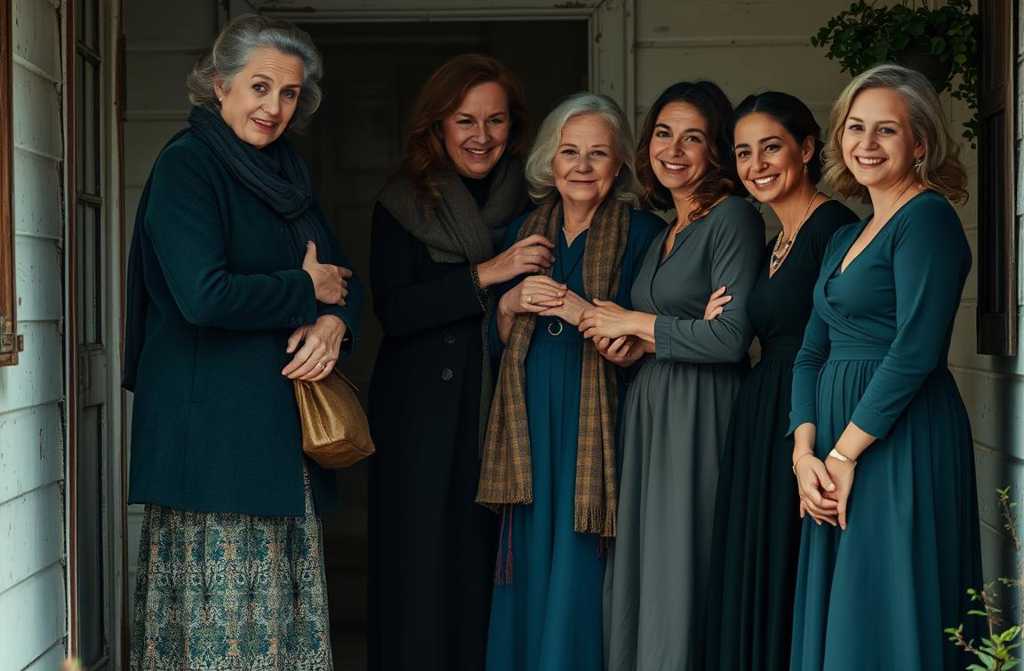З життя
A Waitress Fed Four Orphaned Girls for Ten Years — Twelve Years Later, an SUV Pulled Up Outside Her Door.

On a drizzly evening in a quiet English village, a young waitress named Poppy Whitmore spotted four shivering little girls huddled under the awning of her modest café. Their clothes were threadbare, their faces pale, and their eyes held the quiet ache of hunger and loneliness. Poppys heart clenched. These girls had no oneno parents, no warm home to return to.
Without a second thought, she ushered them inside and set four hearty plates before them. That simple act of kindness, unbeknownst to her, would shape the next twelve years of her life. From that night on, Poppy quietly made it her mission to care for them. After long shifts at the café, she squirreled away her tips to buy them food, hunted down second-hand jumpers at charity shops, and even taught them to read by the dim light of her kitchen table.
For a decade, Poppy stood by them like a mother, expecting nothing in return. She worked double shifts, skipped meals, and put her own dreams on hold. But every time she saw their smiles after a full belly, she knew it was worth it. Life wasnt always kind, though. Neighbours tutted behind her back, whispering that she was wasting her life on children whod “never amount to anything.” Some days, even Poppy wondered how much longer she could keep it up.
Then, one evening, as she sipped her tea on her rickety porch, the rumble of a luxury engine broke the quiet of her humble street. A sleek black Range Roverso out of place in her worn-down neighborhoodpulled up outside her door. Poppys hands trembled as she set her mug down.
The driver, a tall man in a sharp suit, stepped out and opened the rear doors. Four elegant women emerged, their eyes scanning Poppys modest home. For a moment, she didnt recognize themuntil her heart caught up. These were *her* girls. The orphans shed fed, clothed, and loved.
“Mum Poppy!” one cried, her voice bright with joy. The sound shattered Poppys last wall of doubt. Tears streamed down her cheeks as they rushed her, nearly knocking her off her feet with their hugs. When she finally found her voice, it cracked: “Look at youwhatve you all become?”
One girl squeezed her hands. “What you made us.” Another pressed a silver key into Poppys palm and nodded at the Range Rover. “This is yours now. And its just the start.”
Poppys knees wobbled. Then came the knockout blow: “Weve bought you a new house. No more struggling.”
Suddenly, every skipped meal, every patched-up jumper, every cruel whisper from the neighboursit all made sense. Her years of sacrifice had bloomed into something more beautiful than shed dared dream.
As they led her to the car, the same neighbours whod mocked her now gawked from behind their curtains. Poppy sank into the butter-soft leather seat, dazed, as they drove her to a gorgeous cottage in the Cotswolds, its garden bursting with roses. “This is really *mine*?” she whispered.
The girls beamed. “Every brick. Youre home now, Mum Poppy.”
That night, for the first time in years, Poppy fell asleep not in worry, but in peacesurrounded by love, and finally, *finally* home.













